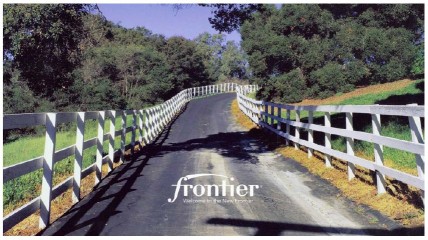
The slow lane
Frontier Communications customers in West Virginia are part of a filed class-action lawsuit alleging the phone company has violated the state’s Consumer Credit and Protection Act for failing to deliver the high-speed Internet service it promises.
The lawsuit, filed in Lincoln County Circuit Court, claims Frontier is advertising fast Internet speeds up to 12Mbps, but often delivers far less than that, especially in rural areas where the company is accused of throttling broadband speeds to less than 1Mbps. The suit also alleges Frontier’s broadband service is highly unreliable.
“The Internet service provided by Frontier does not come anywhere close to the speeds advertised,” wrote Benjamin Sheridan, the Hurricane lawyer filing the lawsuit on behalf of three Frontier customers. The attorney is seeking to have the case designated a class action lawsuit that would cover Frontier customers across the state.
“Although we cannot guarantee Internet speeds due to numerous factors, such as traffic on the Internet and the capabilities of a customer’s computer, Frontier tested each plaintiff’s line and found that in all cases the service met or exceeded the ‘up to’ broadband speeds to which they subscribed,” Frontier spokesperson Dan Page told the Charleston Gazette. “Nonetheless, the plaintiffs filed their case in Lincoln County, where none of them lives. If necessary, we are prepared to defend ourselves in court and bring the facts to light.”
Frontier’s general manager in West Virginia, Dana Waldo, may have helped the plaintiffs when he seemed to admit Frontier was purposely throttling the Internet speeds of its customers, a move Sheridan claims saves Frontier “a fortune” in connectivity costs with wholesale broadband providers like Sprint and AT&T.

Sheridan
“If as you suggest, we ‘opened up the throttle’ for every served customer, it could create congestion problems resulting in degradation of speed for all customers,” according to Waldo as part of an email exchange with one of the class members cited in the lawsuit.
The lawsuit also cites a state report issued over the summer that found just 12 percent of Frontier customers receive Internet speeds that actually qualify as “broadband” under federal and state standards. Frontier’s speed ranking is the slowest of any provider in the state. That is especially significant because Frontier is the largest ISP in West Virginia, and is often the only choice rural residents have for broadband service.
Frontier dismissed the state’s report claiming it was based on voluntary speed tests performed by disgruntled customers.
“As we’ve said before, the speed tests are the result of self-selected, self-reported samples,” Page said. “People who take speed tests tend to be those with speed problems or low speeds.”
“Even if that were true, it doesn’t account for Frontier’s poor performance,” said Frontier customer William Henley. “If every person that ran a speed test in West Virginia was annoyed with their provider, Frontier still came in last place.”
Frontier’s competitors scored better:
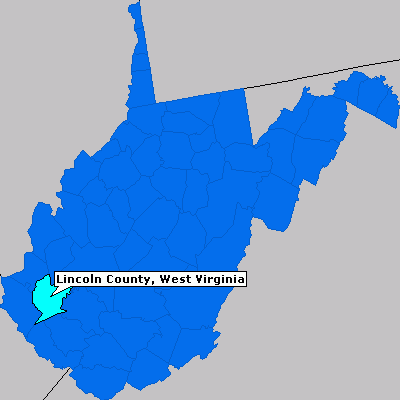 Comcast: 88% of customers met or exceeded state and federal standards;
Comcast: 88% of customers met or exceeded state and federal standards;- Suddenlink Communications: 80%
- Time Warner Cable: 77%
- Shentel: 71%
- Armstrong Cable: 67%
- LUMOS Networks: 44%
“…Frontier’s practice of overcharging and failing to provide the high-speed, broadband-level of service it advertises has created high profits for Frontier but left Internet users in the digital Dark Age,” Sheridan wrote. “As a result, students are prevented from being able to do their homework, and rural consumers are unable to utilize the Internet in a way that gives them equal footing with those in an urban environment.”
Sheridan also accused Frontier of delivering its fastest speeds only in areas where it faces competition. Where there is none, Frontier can afford to go slow.
But slow speed is not the only issue. One plaintiff — April Morgan in Marion County — says she has to reset her modem up to 10 times a day to stay connected to the Internet. Her modem has been replaced several times by Frontier, but that has done little to solve her problem.
Frontier customers who check the company’s terms of service agreement may question whether Sheridan can get very far suing the company. A clause in the contract states customers must settle disputes only through binding arbitration or small claims court. Individual lawsuits, jury trials, and class-action cases are prohibited.
Sheridan points out customers have to go online to read the agreement – it is not provided to customers signing up for Internet service. A contract that forces customers to agree to its terms without getting informed consent may turn out not very binding under West Virginia law.
Lincoln County Judge Jay Hoke, assigned to hear the case, will likely face that matter in pre-trial motions.
West Virginia residents interested in the class action case can register here for updates.
 New Zealanders want faster broadband and they want it without a usage cap, and Snap is ready to offer both.
New Zealanders want faster broadband and they want it without a usage cap, and Snap is ready to offer both. Snap’s new service comes as a result of New Zealand’s deployment of fiber networks and an end to usage caps, consumption billing, and/or bandwidth throttling. Snap has been well received in New Zealand because it guarantees no traffic shaping, traffic management schemes, or mandatory usage caps. This comes at a time when North American providers are trying to force customers into usage-capped broadband plans and wireless carriers insist on using traffic shaping and caps.
Snap’s new service comes as a result of New Zealand’s deployment of fiber networks and an end to usage caps, consumption billing, and/or bandwidth throttling. Snap has been well received in New Zealand because it guarantees no traffic shaping, traffic management schemes, or mandatory usage caps. This comes at a time when North American providers are trying to force customers into usage-capped broadband plans and wireless carriers insist on using traffic shaping and caps.

 Subscribe
Subscribe
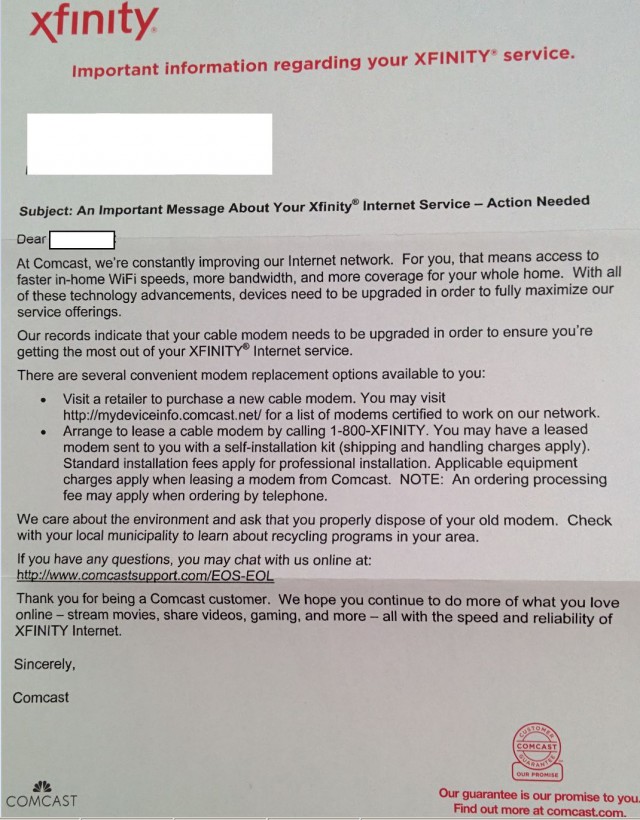

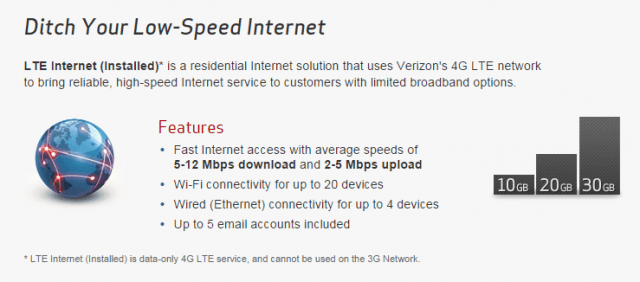
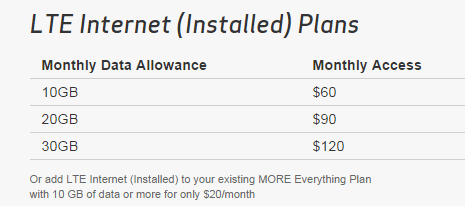
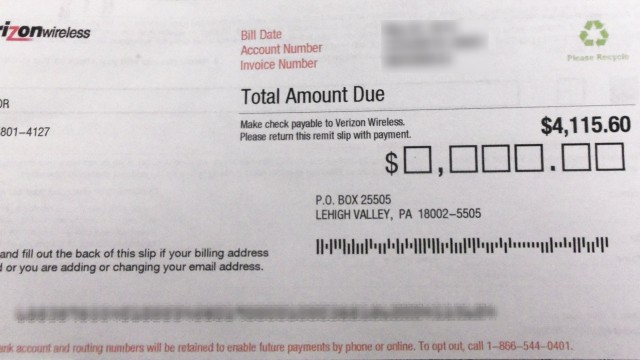


 Comcast: 88% of customers met or exceeded state and federal standards;
Comcast: 88% of customers met or exceeded state and federal standards;